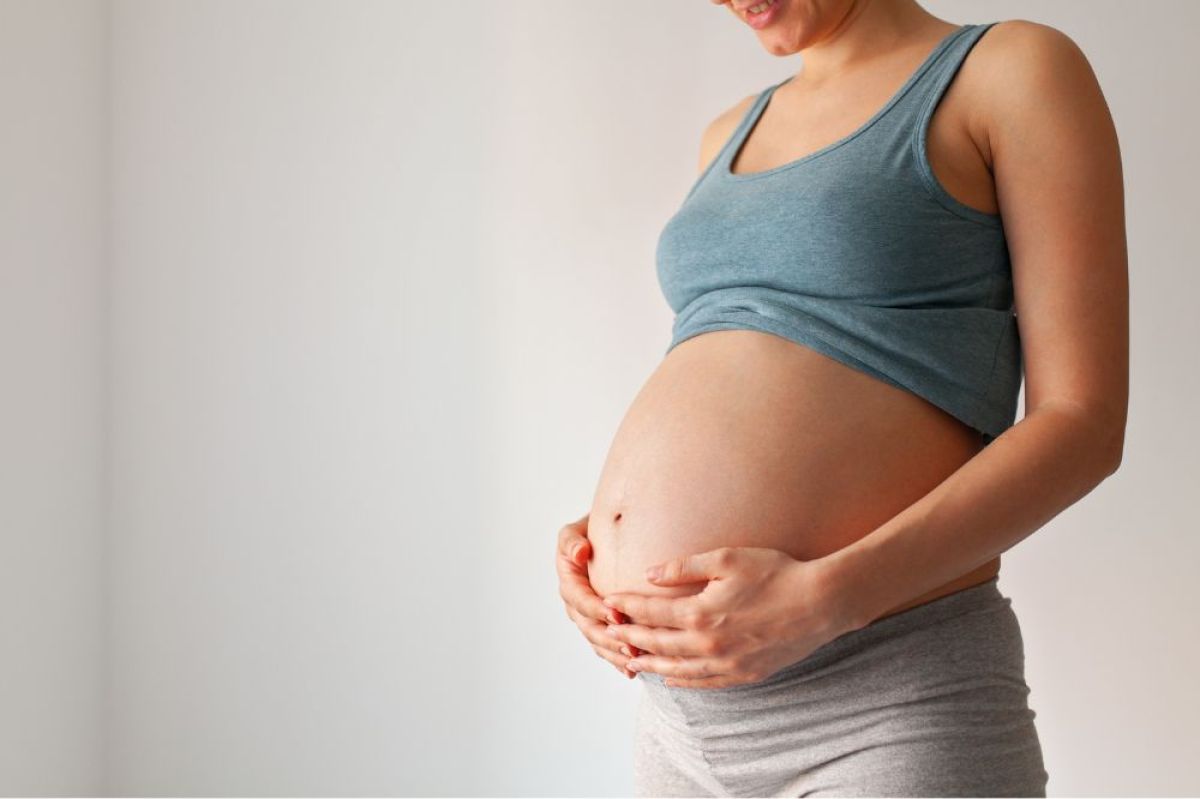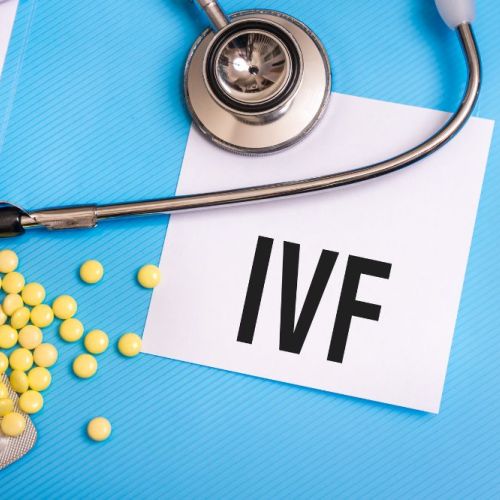How Long to Wait to Conceive After Tubal Reversal

Women often have their tubes tied with the expectation that they won’t want to have any more children. As time passes, it’s not uncommon for them to change their minds and wish to have another chance to get pregnant. Fortunately most tubal ligations are reversable with a procedure called a tubal reversal, which may be an option if you’re considered a good candidate for the procedure.
Once the decision has been made to have a tubal reversal, the next question many women have is how long to wait to conceive after tubal reversal. The physicians at the Center for Reproductive Health work closely with each woman who has a tubal reversal and provide detailed post op instructions.
What to Expect After Tubal Ligation Reversal
A tubal reversal typically takes two hours or less and is done as an outpatient procedure. You’ll spend around an hour in recovery after surgery before going home. There are different approaches to tubal ligations, which means there are also some differences in tubal reversal procedures. Your doctor reviews your unique situation when recommending how soon to resume normal activities including resuming intercourse.
You may find that you’re experiencing some discomfort or reduced energy levels for a week or two. About a week after surgery, you’ll have a follow-up appointment where your doctor can evaluate how well your incision is healing and your recovery is progressing. At this visit, you’ll be able to discuss whether there’s any reason to postpone trying to conceive. In many cases, it’s a good idea to wait one or two months after your surgery before attempting to conceive to allow your body time to completely heal.
When Will I Get Pregnant?
There are no guarantees that a tubal reversal will be successful, but many women do conceive within one to two years after a tubal reversal. The chance of attaining pregnancy without additional fertility treatments after this type of surgery is about 50 to 80 percent if you’re under the age of 40. The chance of success goes down to about 30 to 40 percent if you’re over the age of 40.
What Happens if I Still Can’t Get Pregnant?
There are several different factors that can affect whether you’re able to get pregnant after a tubal reversal. Your age is one of the most important factors, along with your overall health and the health of your partner’s sperm.
The experts at the Center for Reproductive Health can work with you to explain other options that may help you to conceive, such as in vitro fertilization. This may be a better option for you if you’re over 40 or if you have any other issues that may be causing infertility such as endometriosis, uterine fibroids or pelvic inflammatory disease.
If you have been unable to conceive after tubal reversal, make an appointment for a consultation. The team at the Center for Reproductive Health is committed to exploring all possible options for helping you make your dream of conceiving a reality.
Eliran Mor, MD
Reproductive Endocrinologist located in Encino, Santa Monica, Valencia & West Hollywood, CA
FAQ
Reproductive endocrinology and Infertility is a sub-specialty of Obstetrics and Gynecology. In addition to managing medical and surgical treatment of disorders of the female reproductive tract, reproductive endocrinologist and infertility (REI) specialists undergo additional years of training to provide fertility treatments using assisted reproductive technology (ART) such as in vitro fertilization.
Reproductive endocrinologists receive board certification by the American Board of Obstetrics and Gynecology in both Obstetrics and Gynecology and Reproductive Endocrinology and Infertility.
In general, patients should consider consulting with an REI specialist after one year of trying unsuccessfully to achieve pregnancy. The chance of conceiving every month is around 20%, therefore after a full year of trying approximately 15% of couples will still not have achieved a pregnancy.
However, if a woman is over the age of 35 it would be reasonable to see a fertility specialist earlier, typically after 6 months of trying.
Other candidates to seek earlier treatment are women who have irregular menses, endometriosis, fibroids, polycystic ovary syndrome (PCOS), women who have had 2 or more miscarriages, or problems with the fallopian tubes (prior ectopic pregnancy).
Approximately 1/3 of the time cause for infertility is a female factor, 1/3 of the time a male factor, and the remaining 1/3 a couples’ factor.
At CCRH, we emphasize the importance of establishing a correct diagnosis. Both partners undergo a comprehensive evaluation including a medical history and physical exam.
Furthremore, the woman’s ovarian reserve is assessed with a pelvic ultrasound and a hormonal profile. A hysterosalpingogram (HSG) will confirm fallopian tube patency and the uterine cavity is free of intracavitary lesions. A semen analysis is also obtained to evaluate for concentration, motility, and morphology of the sperm.
Additional work up is then individualized to direct the best possible treatment option for each couple.
In vitro fertilization (IVF) is the process that involves fertilization of an egg outside of a woman’s body.
The process starts with fertility drugs prescribed to help stimulate egg development. In your natural cycle, your body is only able to grow one dominant egg, but with stimulation medication we can recruit multiple eggs to continue to grow. After about 8-10 days of stimulation, the eggs are surgically retrieved and then fertilized with sperm in a specialized laboratory. Fertilized eggs are then cultured under a strictly controlled environment within specialized incubators in the IVF laboratory for 3-5 days while they develop as embryos. Finally, embryos (or an embryo) are transferred into the uterine cavity for implantation.
Before deciding if IVF is the right choice, it’s important to sit down with an REI specialist to discuss available treatment options. For some people, other methods such as fertility drugs, intrauterine insemination (IUI) may be the best first choice treatment. At CCRH, we believe each individual couple is unique and not everyone needs IVF.
While not painful, the fertility medications may some side effects including headaches, hot flashes, mood swings, and bloating. The injection sites may also bruise.
Unfortunately, no. Many people think once they start IVF it’s a matter of time that they will be pregnant and have a baby. But according to national statistics per the Society of Assisted Reproduction (SART), on average 40% of assisted reproduction cycles achieve live births in women under age 35. The chances of success then continue to decrease with advancing age.
At CCRH, we employ only evidence-based interventions to ensure patient safety and optimal outcome. While we cannot guarantee a baby, we guarantee that you will receive the best, most advanced, personalized care to help you maximize your chance of a baby.
The average IVF success rate (success measured in live birth rate) using one’s own eggs begins to drop around age 35 and then rapidly after age 40. This is due to the decline in egg quantity and egg quality as a woman ages.
Our clinic’s success rate consistently beats the national average year after year.
Individual insurance plans often do not have any coverage for infertility treatments. If you have a group plan, you can call members services to see if they have coverage for infertility (including consultation/workup and IVF).
After your consultation with our REI specialist, one of our dedicated account managers with sit with you to go over the cost of treatment.




